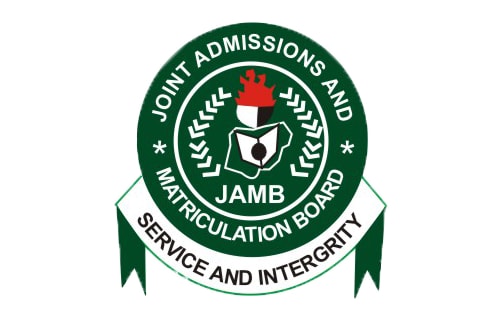
The Joint Admissions and Matriculation Board (JAMB) recently shed light on a significant challenge within the Nigerian education sector: the discovery of more than 1,665 falsified A’Level results during the 2023 Direct Entry (DE) registration exercise. This revelation was made public by Prof. Is-haq Oloyede, the Registrar of JAMB, during a meeting with the leadership of the National Association of Nigeria Colleges of Education Students (NANCES) at his office in Bwari, Abuja.
Table of Contents[Show]
- A Troubling Discovery
- Ensuring the Value of Academic Certificates
- A Startling Case at Bayero University, Kano
- Strategies for Combatting Fraud
- A Call for Institutional Compliance
- Conclusion
A Troubling Discovery
According to Prof. Oloyede, the verification regime for A’Level results was prompted by the pervasive corruption tarnishing the admissions system. The aim is to reinstate the credibility and integrity of the admissions process. It’s concerning to note that among the counterfeit results, 397 originated from Colleges of Education, 453 were from University diplomas, and the remaining were other forms of A’Level certificates.
Ensuring the Value of Academic Certificates
The significance of holding a respected and authentic certificate cannot be overstated. Prof. Oloyede emphasized the critical need to protect the integrity of A’Level certificates, which play a pivotal role in securing admissions through measures that are durable and effective. This challenge to educational integrity is not just a local issue but a national concern, necessitating immediate and decisive action.
A Startling Case at Bayero University, Kano
One of the most shocking instances cited by the Registrar was at Bayero University, Kano(BUK), where, out of 148 Direct Entry applications, a staggering 142 were found to be fraudulent. This discovery underlines the depth of the problem and the necessity for systemic changes to address these issues.
Strategies for Combatting Fraud
In response to this epidemic of fake qualifications, JAMB and various stakeholders have convened to devise strategies to combat this menace. Among the measures introduced is the establishment of an A’level result verification task force and the development of a common platform for the verification of A’level results and certificates. This platform is praised for its reliability and ease of use, capable of verifying any certificate within five minutes.
Moreover, Prof. Oloyede disclosed that JAMB has implemented a stringent “no verification, no admission” policy. This initiative underscores the importance of authenticity and integrity in the academic certification process.
A Call for Institutional Compliance
However, challenges persist, as 15 institutions have yet to meet the verification requests adequately issued by the Board. Prof. Oloyede has identified these institutions, indicating that those with more than 20 unverified candidates must pre-verify these applicants before they can proceed with their DE registration process. This step is crucial in ensuring that only candidates with genuine qualifications are considered for admission, thereby preserving the sanctity of educational credentials.
Conclusion
The discovery of over 1,665 counterfeit A’level results is a clarion call for educational institutions, regulatory bodies, and stakeholders to reaffirm their commitment to upholding the integrity of the admissions process. It is imperative that concerted efforts are made to combat academic fraud, ensuring that the value of educational certificates is preserved. As stakeholders in the educational sector, it is our collective responsibility to foster an environment where academic excellence and integrity are paramount.




